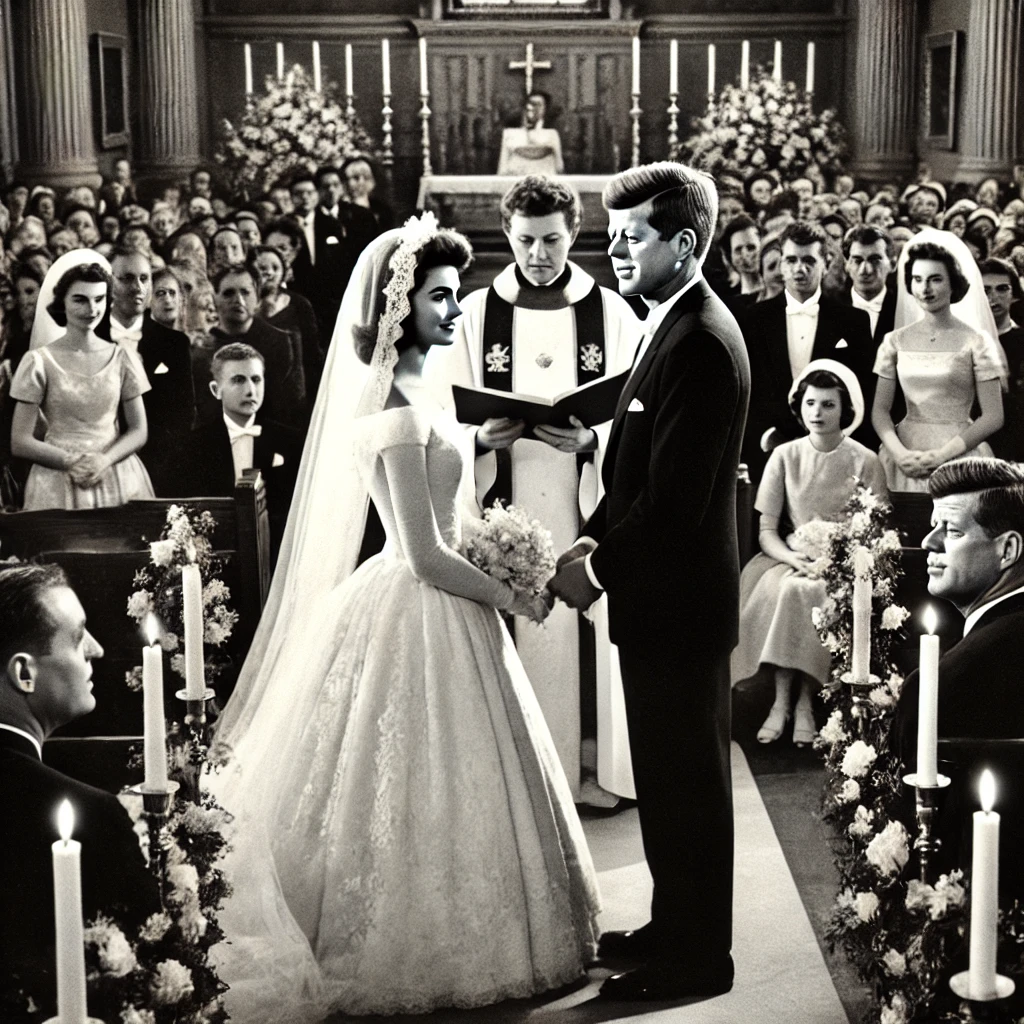The Magic of Neverland: “Peter Pan” Premieres

On February 5th, 1953, the beloved animated film Peter Pan had its premiere, enchanting audiences with the timeless tale of the boy who never grows up and his adventures in Neverland. Produced by Walt Disney and based on J.M. Barrie’s 1904 play and novel, Peter Pan was Disney’s 14th animated feature and quickly became a […]
The Dawn of the Hydrogen Bomb: A New Era in Nuclear Warfare

On January 7th, 1953, President Harry S. Truman announced that the United States had successfully developed the hydrogen bomb, a nuclear weapon far more powerful than the atomic bomb that had been dropped on Japan just eight years earlier. This announcement marked a significant moment in the Cold War, signaling the U.S. had entered a […]
A New Era: Cambodia’s Independence from France

On November 9, 1953, Cambodia officially gained independence from French colonial rule, marking a pivotal moment in the nation’s history. This significant achievement was the result of years of struggle for self-determination and reflected the broader wave of decolonization sweeping across Asia and Africa in the mid-20th century. The end of French colonial rule set […]
The Wedding of John F. Kennedy and Jacqueline Bouvier: A Cultural and Political Milestone

On September 12, 1953, U.S. Senator John F. Kennedy and Jacqueline Bouvier exchanged vows in a lavish ceremony that would capture the imagination of the American public and become a defining moment in 20th-century American history. Held in Newport, Rhode Island, the wedding was not just a union of two individuals but a significant event […]
Coronation of Queen Elizabeth II
Queen Elizabeth II was crowned on June 2, 1953, in Westminster Abbey, London, in a ceremony filled with pomp and circumstance. Her coronation, which was the first to be televised, symbolized not only the continuation of the British monarchy but also a new era of global media, reaching audiences worldwide. As the longest-reigning current monarch, […]
Conquering Mount Everest
On May 29, 1953, Sir Edmund Hillary from New Zealand and Tenzing Norgay, a Sherpa of Nepal, became the first climbers confirmed to have reached the summit of Mount Everest, the world’s highest peak. This historic achievement symbolized the triumph of human endurance and courage over the world’s most daunting natural obstacles. The successful ascent […]
Dr. Jonas Salk Announces Polio Vaccine
Dr. Jonas Salk announces the successful development of the polio vaccine, a groundbreaking achievement in the fight against the crippling disease that had plagued millions worldwide. The introduction of the vaccine marked a turning point in public health, leading to the near-eradication of polio and saving countless lives.
First Academy Awards Telecast on NBC
In 1953, NBC broadcasted the first-ever Academy Awards telecast, bringing the glamor of Hollywood into living rooms across America. This groundbreaking event marked a significant shift in how the Oscars were experienced, allowing viewers to witness the ceremony remotely. The inaugural televised broadcast set the stage for the Oscars to become one of the most […]
Joseph Stalin’s Death
Soviet dictator Joseph Stalin, one of the most influential and controversial figures of the 20th century, passed away on March 5th, 1953. His death marked the end of an era characterized by authoritarian rule and widespread political repression in the Soviet Union. Stalin’s demise had significant implications for both domestic and international affairs, reshaping the […]
James Watson and Francis Crick Discover the Structure of DNA
On February 28th, 1953, scientists James Watson and Francis Crick made a groundbreaking discovery at the Cavendish Laboratory in Cambridge, England. They unveiled the double-helix structure of DNA, laying the foundation for modern molecular biology and revolutionizing our understanding of genetics.
